Foreign visits
Prime Minister Nikol Pashinyan participates in the 79th session of the UN General Assembly
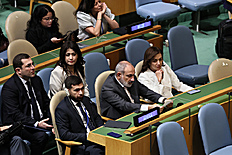 1670x1113px - 979 Kb
1670x1113px - 979 Kb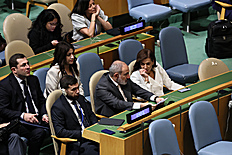 1670x1113px - 991 Kb
1670x1113px - 991 Kb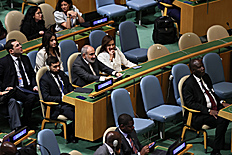 1670x1113px - 976 Kb
1670x1113px - 976 Kb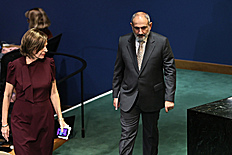 1113x1670px - 684 Kb
1113x1670px - 684 Kb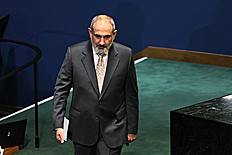 1113x1670px - 672 Kb
1113x1670px - 672 Kb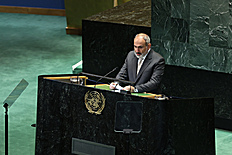 1670x1113px - 803 Kb
1670x1113px - 803 Kb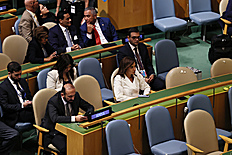 1670x1113px - 1003 Kb
1670x1113px - 1003 Kb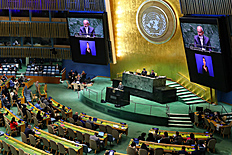 1670x1113px - 1 Mb
1670x1113px - 1 Mb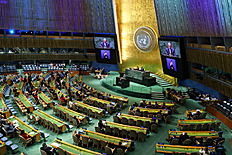 1670x1113px - 1 Mb
1670x1113px - 1 Mb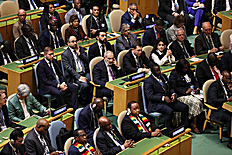 1670x1113px - 1 Mb
1670x1113px - 1 Mb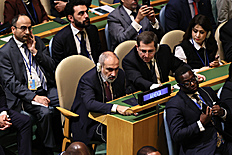 1670x1113px - 874 Kb
1670x1113px - 874 Kb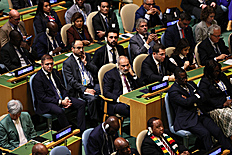 1670x1113px - 1 Mb
1670x1113px - 1 Mb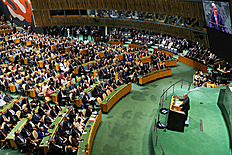 1670x1113px - 1 Mb
1670x1113px - 1 Mb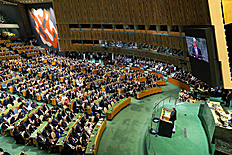 1670x1113px - 2 Mb
1670x1113px - 2 Mb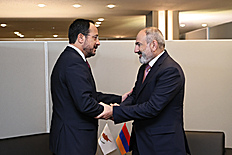 1670x1113px - 791 Kb
1670x1113px - 791 Kb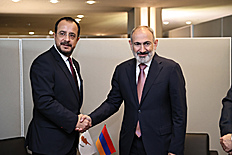 1670x1113px - 779 Kb
1670x1113px - 779 Kb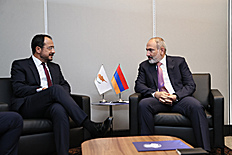 1670x1113px - 833 Kb
1670x1113px - 833 Kb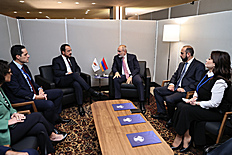 1670x1113px - 958 Kb
1670x1113px - 958 Kb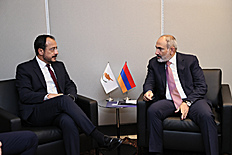 1670x1113px - 872 Kb
1670x1113px - 872 Kb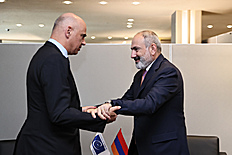 1670x1113px - 714 Kb
1670x1113px - 714 Kb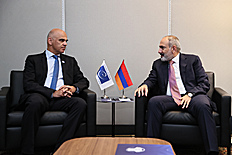 1670x1113px - 857 Kb
1670x1113px - 857 Kb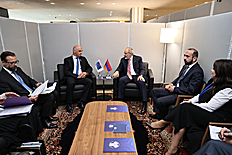 1670x1113px - 1011 Kb
1670x1113px - 1011 Kb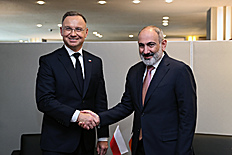 1670x1113px - 730 Kb
1670x1113px - 730 Kb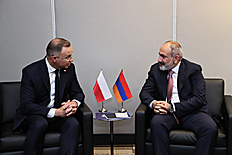 1670x1113px - 827 Kb
1670x1113px - 827 Kb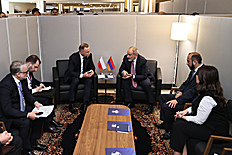 1670x1113px - 983 Kb
1670x1113px - 983 Kb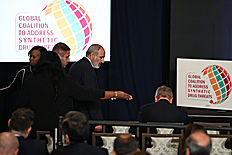 1670x1113px - 647 Kb
1670x1113px - 647 Kb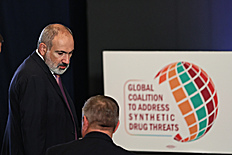 1670x1113px - 690 Kb
1670x1113px - 690 Kb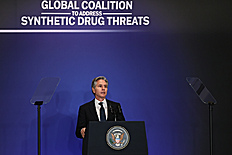 1670x1113px - 779 Kb
1670x1113px - 779 Kb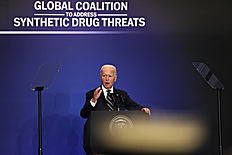 1670x1113px - 682 Kb
1670x1113px - 682 Kb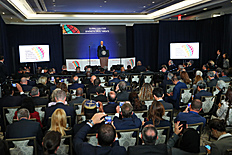 1670x1113px - 847 Kb
1670x1113px - 847 Kb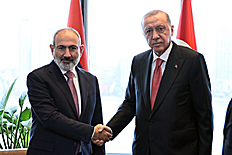 1670x1113px - 601 Kb
1670x1113px - 601 Kb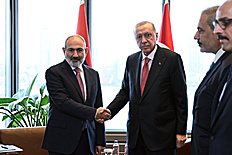 1670x1113px - 675 Kb
1670x1113px - 675 Kb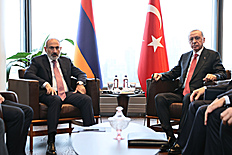 1670x1113px - 689 Kb
1670x1113px - 689 Kb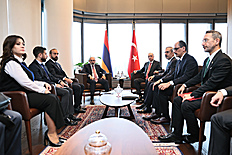 1670x1113px - 892 Kb
1670x1113px - 892 Kb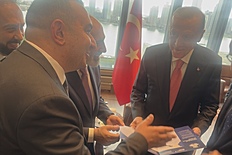 6048x6988px - 7 Mb
6048x6988px - 7 Mb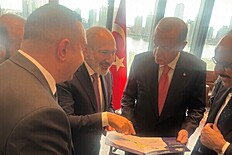 6048x8064px - 6 Mb
6048x8064px - 6 Mb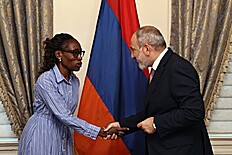 1670x1113px - 496 Kb
1670x1113px - 496 Kb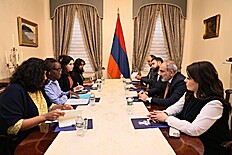 1670x1113px - 395 Kb
1670x1113px - 395 Kb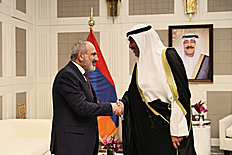 1670x1113px - 678 Kb
1670x1113px - 678 Kb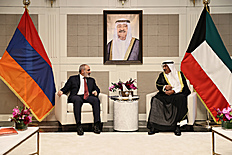 1670x1113px - 880 Kb
1670x1113px - 880 Kb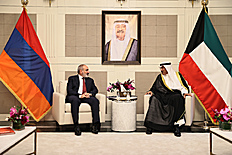 1670x1113px - 912 Kb
1670x1113px - 912 Kb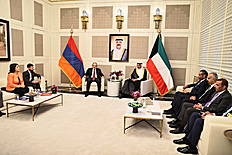 1670x1113px - 921 Kb
1670x1113px - 921 Kb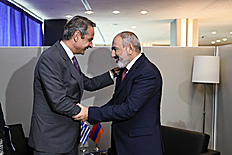 1670x1113px - 797 Kb
1670x1113px - 797 Kb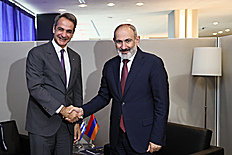 1670x1113px - 794 Kb
1670x1113px - 794 Kb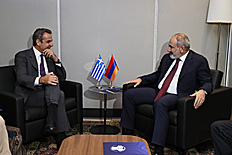 1670x1113px - 796 Kb
1670x1113px - 796 Kb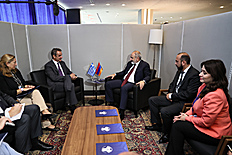 1670x1113px - 969 Kb
1670x1113px - 969 Kb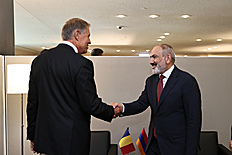 1670x1113px - 706 Kb
1670x1113px - 706 Kb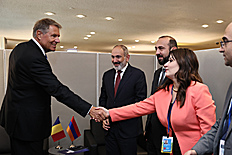 1670x1113px - 775 Kb
1670x1113px - 775 Kb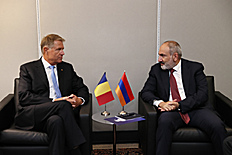 1670x1113px - 712 Kb
1670x1113px - 712 Kb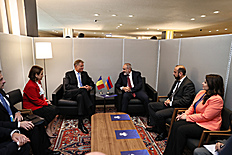 1670x1113px - 964 Kb
1670x1113px - 964 Kb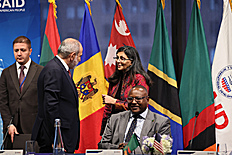 1670x1113px - 915 Kb
1670x1113px - 915 Kb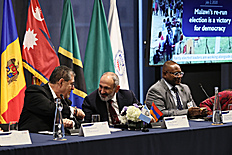 1670x1113px - 898 Kb
1670x1113px - 898 Kb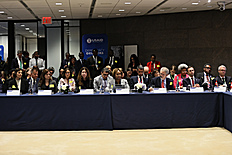 1670x1113px - 628 Kb
1670x1113px - 628 Kb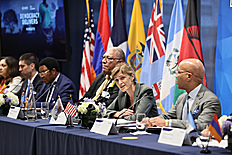 1670x1113px - 883 Kb
1670x1113px - 883 Kb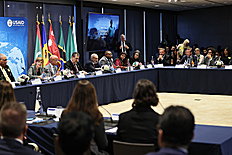 1670x1113px - 853 Kb
1670x1113px - 853 Kb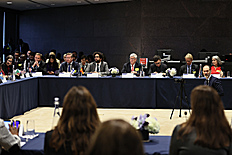 1670x1113px - 812 Kb
1670x1113px - 812 Kb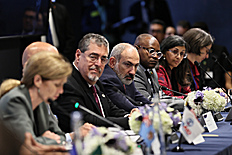 1670x1113px - 771 Kb
1670x1113px - 771 Kb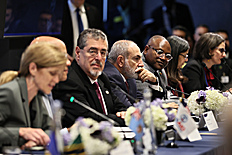 1670x1113px - 786 Kb
1670x1113px - 786 Kb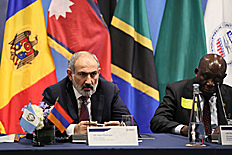 1670x1113px - 800 Kb
1670x1113px - 800 Kb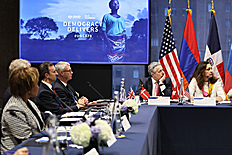 1670x1113px - 858 Kb
1670x1113px - 858 Kb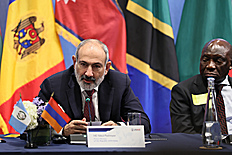 1670x1113px - 805 Kb
1670x1113px - 805 Kb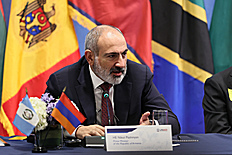 1670x1113px - 801 Kb
1670x1113px - 801 Kb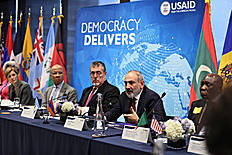 1670x1113px - 924 Kb
1670x1113px - 924 Kb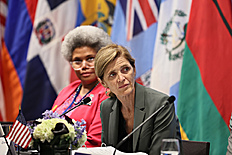 1670x1113px - 798 Kb
1670x1113px - 798 Kb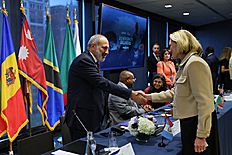 1670x1113px - 865 Kb
1670x1113px - 865 Kb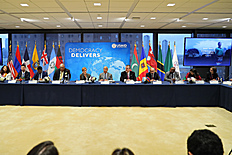 1670x1113px - 856 Kb
1670x1113px - 856 Kb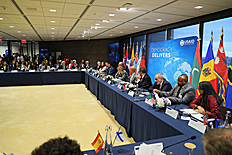 1670x1113px - 1 Mb
1670x1113px - 1 Mb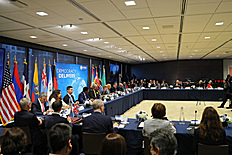 1670x1113px - 851 Kb
1670x1113px - 851 Kb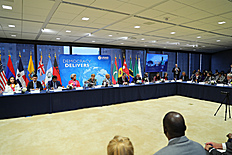 1670x1113px - 919 Kb
1670x1113px - 919 Kb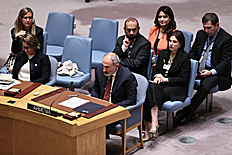 1670x1113px - 895 Kb
1670x1113px - 895 Kb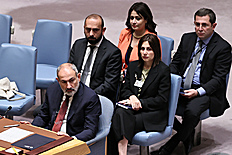 1670x1113px - 791 Kb
1670x1113px - 791 Kb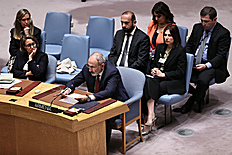 1670x1113px - 957 Kb
1670x1113px - 957 Kb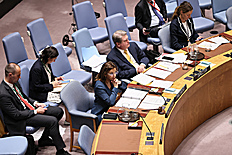 1670x1113px - 1 Mb
1670x1113px - 1 Mb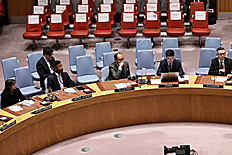 1670x1113px - 994 Kb
1670x1113px - 994 Kb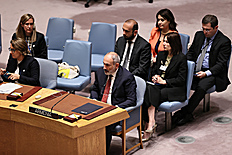 1670x1113px - 919 Kb
1670x1113px - 919 Kb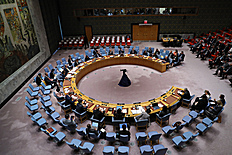 1670x1113px - 1 Mb
1670x1113px - 1 Mb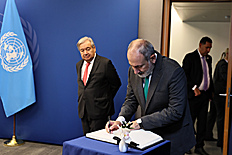 1670x1113px - 757 Kb
1670x1113px - 757 Kb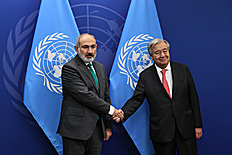 1670x1113px - 768 Kb
1670x1113px - 768 Kb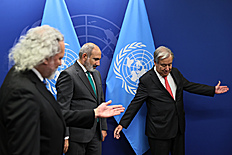 1670x1113px - 525 Kb
1670x1113px - 525 Kb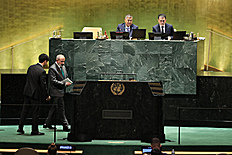 1670x1113px - 920 Kb
1670x1113px - 920 Kb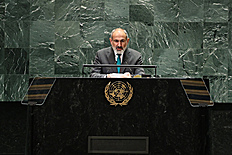 1670x1113px - 788 Kb
1670x1113px - 788 Kb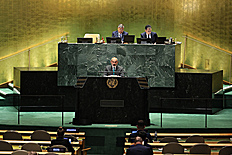 1113x1670px - 1 Mb
1113x1670px - 1 Mb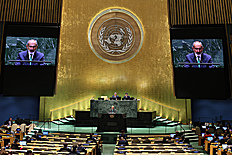 1670x1113px - 1 Mb
1670x1113px - 1 Mb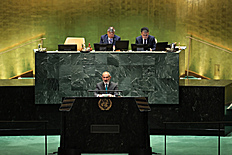 1670x1113px - 784 Kb
1670x1113px - 784 Kb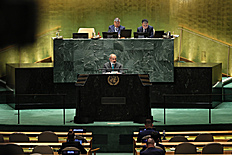 1670x1113px - 872 Kb
1670x1113px - 872 Kb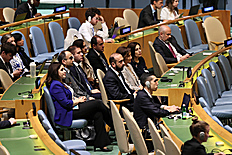 1670x1113px - 1 Mb
1670x1113px - 1 Mb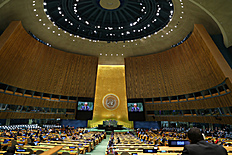 1670x1113px - 1 Mb
1670x1113px - 1 Mb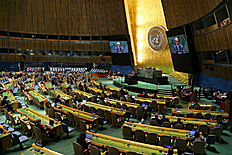 1670x1113px - 1 Mb
1670x1113px - 1 Mb
more 85 photos
Prime Minister Nikol Pashinyan participated in the Summit of the Future within the framework of the 79th session of the UN General Assembly in New York. Presidents and heads of governments of several dozen countries also participated in the event.
Prime Minister Pashinyan made a speech, in which he specifically stated:
“President of the General Assembly,
Excellencies,
Ladies and Gentlemen,
It is particularly significant for me to take part in this “Summit of the Future»” because I have received my current mandate of the Prime Minister of the Republic of Armenia in the parliamentary elections under the slogan of our party: “There is a future!”
All the problems we are facing today are directly or indirectly related to the decisions made or haven’t been made at some point in the past, and the same we can say about all the successes and achievements of today.
We cannot change the past, we cannot change a lot even today, because today is to some extent a part of the past. But shaping the future is today's most important task. The agenda of our actions is also known: Peace, Security, Prosperity, Freedom, Justice, Human Rights, Artificial Intelligence, Climate change. But what is of high importance is the concept that we should put in the basis of our vision of the future.
And consequently, how to build the future. It may sound strange, but the most important thing we can do for the future is to create positive narratives and focus on the possibilities of creating the foundations for them, regardless of whether they exist at the moment or not.
One of the reasons for today's global crisis is that international formats have long become an arena for mutual accusations, threats and the places where crises and deadlocks take place.
I can hardly remember a positive speech on behalf either of myself or other leaders on international platforms. And there are objective reasons for this: there is little material for positive discourse. And maybe it's because in the past there was very little or there was not any positive narrative at all.
We usually come to the UN to declare how bad it is going to be, because the facts proving this are a lot and everywhere, so it doesn’t require much efforts to see them. Efforts should be made to see the prerequisites of a good future and think about them, because what happens in reality, first happens in our minds.
My party adopted the slogan “There is a future” under the conditions when it seemed that there was no hope for optimism in our region.
Now this happens globally. And at this Summit of the Future, I want to voice that belief of “there is a future”, and by doing this I want to have my portion of contribution.
Unlike the previous three times, this year at the General Assembly, I will more concentrate on opportunities rather than accuse neighboring countries in my speech.
And this will provide room for positive thinking and for talking about the possibilities. Yes, for now let’s only talk, since “In the beginning was the Word, and the Word was with God, and the Word was God”.
Therefore it is necessary to start with the good words. It is necessary to bring forward the slogan “There is a future” as a theorem and to work to prove it. Let's do it.
Thank you“.
* * *
Prime Minister Nikol Pashinyan attended the opening of the General Debate of the 79th session of the UN General Assembly in New York.
First, the welcoming ceremony of the heads of states participating in the session took place, UN Secretary General António Guterres welcomed them.
Then, during the opening of the session, President of the UN General Assembly Philemon Yang, UN Secretary General António Guterres, President of Brazil Luiz Inácio Lula da Silva, and US President Joe Biden delivered speeches.
Today Prime Minister Nikol Pashinyan will have a series of bilateral meetings with partners from different countries.
* * *
Prime Minister Nikol Pashinyan had a meeting with the President of Cyprus Nikos Christodoulides within the framework of the UN General Assembly.
The interlocutors emphasized the consistent development of friendly relations between Armenia and Cyprus, emphasizing the need to deepen cooperation in all fields.
Nikol Pashinyan referred to the peace process between Armenia and Azerbaijan, stressing the commitment of the Armenian side to the peace agenda. The Prime Minister noted that 80 percent of the draft of the peace treaty has been agreed upon and Armenia is ready to sign the treaty based on the agreed articles and continue further discussions.
The Prime Minister of Armenia and the President of Cyprus also referred to the "Crossroads of Peace" project of the Armenian Government aimed at unblocking regional transport routes.
The sides exchanged ideas on Armenia-European Union cooperation. Prime Minister Pashinyan emphasized the consistent support of the EU in promoting democratic reforms in our country. Regarding the expansion of Armenia-EU relations, the sides highlighted the launch of the visa liberalization dialogue.
* * *
Prime Minister Nikol Pashinyan had a meeting with the Secretary General of the Council of Europe Alain Berset.
The Prime Minister emphasized the importance of cooperation with the Council of Europe in the implementation of democratic reforms in our country. Nikol Pashinyan emphasized that the development of democracy is of strategic importance for the Armenian Government and our country will consistently continue to take steps in that direction.
Alain Berset emphasized the readiness of the Council of Europe to expand cooperation with Armenia for the effective implementation of institutional reforms.
The interlocutors discussed issues related to further cooperation and projects.
Prime Minister Pashinyan referred to the discussions on the peace treaty with Azerbaijan. Emphasizing the commitment of the Armenian Government to the peace agenda, the Prime Minister emphasized once again that Armenia is ready to sign the treaty based on the agreed articles and continue further discussions.
Speaking about the assertion of the Azerbaijani side that no agreement can contradict the Constitution, the Prime Minister noted that according to Article 5, Clause 3 of the current Constitution of Armenia, international agreements ratified by the Republic of Armenia have a superior force over the legislation of Armenia. In other words, the ratified international agreement is higher than the law of the Republic of Armenia.
At the same time, Nikol Pashinyan noted that there are territorial claims against Armenia in the Constitution of Azerbaijan, but the Armenian side does not make it a negotiation topic, because there is a provision in the agreed text of the peace treaty, according to which none of the parties can refer to its domestic legislation as justification for not implementing the provisions of the given international agreement.
The interlocutors also exchanged ideas on other issues of mutual interest.
* * *
Prime Minister Nikol Pashinyan had a meeting with the President of Poland Andrzej Duda.
Issues related to Armenia-Poland cooperation and its further development were discussed. The sides exchanged ideas on issues related to the expansion of Armenia-European Union cooperation, the democratic reforms implemented in our country with the support of the EU.
Prime Minister Pashinyan referred to the discussions on the peace treaty between Armenia and Azerbaijan, the border demarcation process between the two countries. The Prime Minister noted that the border demarcation commissions of Armenia and Azerbaijan signed the regulation on joint activities, in which it is recorded that the parties will be guided by the Alma-Ata Declaration in the border demarcation process.
At the same time, the Prime Minister informed his colleague that the domestic procedures for the internal coordination of the regulation are currently underway in Armenia and Azerbaijan.
The President of Poland emphasized the peace process between Armenia and Azerbaijan and ensuring stability in the region, expressing hope that the ongoing discussions will yield positive results.
The interlocutors also exchanged ideas on other issues of mutual interest.
* * *
Prime Minister Nikol Pashinyan participated in the summit titled " Global Coalition to Address Synthetic Drug Threats" in New York.
Issues related to the fight against the spread of synthetic drugs were discussed during the event. In that direction, the close cooperation of states and law enforcement agencies and the implementation of joint steps were emphasized.
Presidents and heads of governments of various countries participated in the summit. US President Joe Biden and United States Secretary of State Antony Blinken made speeches.
* * *
Armenian Prime Minister Nikol Pashinyan and Turkish President Recep Tayyip Erdoğan met within the framework of the 79th session of the UN General Assembly.
The interlocutors made a detailed reference to the steps already taken and the existing agreements reached within the framework of the process of normalization of Armenia-Turkey relations.
The willingness to continue the normalization process without preconditions and to give a new impulse to the relations was emphasized. The parties also addressed regional issues.
Prime Minister Pashinyan informed President Erdoğan about the current situation of the Armenia-Azerbaijan settlement process, the readiness to sign the agreement on the settlement of relations, as well as the "Crossroads of Peace" initiative of the Armenian government.
* * *
Prime Minister Nikol Pashinyan had a meeting with Comfort Ero, the President and CEO of the International Crisis Group.
The interlocutors referred to the discussions on the peace treaty between Armenia and Azerbaijan, the border demarcation process, as well as the "Crossroads of Peace" project of the Armenian government in the context of unblocking regional channels.
The sides exchanged ideas on other issues of mutual interest.
* * *
Prime Minister Nikol Pashinyan had a meeting with His Highness Sheikh Sabah Khaled Al-Hamad Al-Mubarak Al-Sabah, Crown Prince of the State of Kuwait, within the framework of the 79th session of the UN General Assembly.
The interlocutors discussed issues related to the development of cooperation between Armenia and Kuwait. In particular, the parties emphasized the expansion of trade, economic and business relations and the consistent work of the governments of the two countries in this direction.
The Prime Minister of Armenia and the Crown Prince of Kuwait considered the implementation of joint programs in the fields of economy, infrastructure, tourism, healthcare, and education to be promising. An agreement was reached to continue the work at the interdepartmental level.
The Crown Prince of the State of Kuwait highlighted Armenia's steps towards ensuring peace and stability in the region and expressed his country's support for that process.
In that context, the Prime Minister presented the "Crossroads of Peace"project of the Armenian Government's and its principles.
* * *
Prime Minister Nikol Pashinyan had a meeting with Prime Minister of Greece Kyriakos Mitsotakis.
The Prime Minister of Greece congratulated Nikol Pashinyan on the anniversary of the independence of the Republic of Armenia and emphasized the importance of the development of multilateral cooperation between the two countries.
The Prime Minister thanked for the congratulatory words and noted that the Armenian government attaches great importance to the expansion of relations with Greece and the deepening of multi-sector relations.
The interlocutors exchanged ideas on the latest developments in the process of normalization of Armenia-Azerbaijan relations.
Reference was made to the steps taken by Armenia in the direction of establishing peace. The Prime Minister emphasized that Armenia has a clear political will to sign a peace treaty with Azerbaijan, and now a historic opportunity has been provided to establish peace in the region.
The Prime Minister of Armenia discussed issues related to bilateral agenda and Armenia-EU partnership with his counterpart.
* * *
Prime Minister Nikol Pashinyan and Romanian President Klaus Iohannis met within the framework of the 79th session of the UN General Assembly.
The interlocutors emphasized the importance of further development of Armenia-Romania relations.
Reference was made to Armenia-European Union cooperation. The President of Romania expressed his country's support in expanding and strengthening ties between our country and the EU.
Nikol Pashinyan and Klaus Iohannis exchanged ideas on security issues.
In this context, the Prime Minister presented the latest developments in the direction of concluding a peace treaty with Azerbaijan, as well as the "Crossroads of Peace" project of the Armenian Government aimed at unblocking regional channels.
* * *
In New York, Prime Minister Nikol Pashinyan participated in the open discussion organized by the US Agency for International Development entitled "Democracy Delivers". Leaders of different countries, representatives of governments and international organizations took part in the event.
Before giving the floor to Prime Minister Pashinyan, USAID Administrator Samantha Power noted that this spring she had the opportunity to go to Brussels to discuss the concrete steps that can be taken to support Armenia's democratic and peaceful future. According to Power, she arrived in Yerevan in July to give a new impulse to this progress and to get personally acquainted with the efforts of the Armenian people towards democracy. "Now I would like to take this opportunity to announce that we are working with the Congress, USAID, and the US State Department to provide $20 million to Armenia to promote cyber, border, and energy security, as well as increase resilience," Samantha Power said.
In turn, Prime Minister Nikol Pashinyan thanked for the opportunity to speak and noted. "I would like to share with you what democracy has given Armenia after the revolution of 2018, which was a velvet, democratic and peaceful revolution. After this revolution, there is no longer any doubt in the Armenian society that the official elections reflect the real will of the Armenian people. This is an issue that has already been solved, and I am sure that there is no return to doubtful elections.
The next thing, which is also very important, is that democracy gives opportunity for free economic activity to all people. Before the revolution, we had monopolies and restrictions on certain economic activities in Armenia. Now this issue is also resolved. One of the most important results of democracy is that society now has the opportunity to raise questions, revise stereotypes, and discuss the past, present, and future. I think this is a very important circumstance, because the fact that the Government has adopted the peace agenda is also a result of democracy, and it is very important for this agenda to be successful.
The next result may be about revising traditional views again. It is about the role of women in society. Definitely currently women are more active and engaged in our country, and our people and society perceive that it is an important component of the social, economic and political development of our country. And I am very happy that we are encouraging women to be more active. Their reaction is not as active as we would like, but the process has started and there is no doubt that we will have real changes. It will be a real result of democracy for our women, also for men, for our society in general.
Thank you."
* * *
Prime Minister Nikol Pashinyan participated in the discussion "Leadership for Peace: United in respect of the UN Charter, in search of a Secure Future" organized by the UN Security Council.
Welcoming the attendees, the Prime Minister first thanked the Slovenian side for organizing this open discussion and added:
“The global security crisis has undermined the multilateral system. We continue to witness a growing number of conflicts and crises, with a heavy toll on the civilian population, including the most vulnerable.
The United Nations must be resilient to the attempts to create a situation when the use of force in interstate relations, acts of aggression and gross violations of human rights and international humanitarian law are considered normal.
As the theme of today’s discussion is “Leadership for peace” I want to share my belief, that indeed peace requires leadership and sincere political courage. I and my Government are dedicated to closing the chapter of conflict in our region and transforming the dynamics into cooperation for prosperity, stability and peace.
Armenia stands ready to sign the peace agreement with Azerbaijan. The Armenian side has proposed to sign already agreed articles of the peace treaty before the COP29 in Baku, thus creating a conducive environment to move forward the peace process.
The “Crossroad of Peace” initiative of Armenia aims at unlocking the economic potential of the region and strengthening economic and cultural ties, thus contributing to the political dialogue and achievement of a comprehensive peace for the benefit of all peoples. We stand ready to use the positive momentum and continue the border delimitation process on the basis of the agreement between our border delimitation commissions based on the Alma-Ata Declaration.
A strong and unequivocal support by the United Nations to the efforts of Armenia to achieve just and durable peace in the region is crucial.
Thank you for attention“.
* * *
Prime Minister Nikol Pashinyan had a meeting with UN Secretary General António Guterres in New York.
The interlocutors discussed the latest developments in the region.
In this context, Prime Minister Pashinyan referred to the current course of discussions on the peace treaty between Armenia and Azerbaijan, as well as the border demarcation process and the "Crossroads of Peace" project of the Armenian Government.
Nikol Pashinyan emphasized the support of the UN and Secretary General António Guterres to Armenia's efforts towards peace and ensuring stability in the region.
António Guterres welcomed the steps taken by Armenia aimed at settling relations with Azerbaijan and establish peace. The Secretary General noted that he is ready to contribute to the strengthening of stability in the South Caucasus region within the scope of his mandate.
* * *
As part of his working visit to New York, Prime Minister Nikol Pashinyan delivered a speech at the 79th session of the UN General Assembly at the UN headquarters.
Below is the full speech of the Prime Minister of Armenia.
“Mr. President,
Excellencies, Ladies and Gentlemen,
This is my fourth speech at the UN General Assembly and this speech will be significantly different from the previous ones. The key messages of my previous speeches were about the deadlock in achieving peace between Armenia and Azerbaijan, but today I want to say that Peace between Armenia and Azerbaijan not only is possible, but is within reach.
Why do I think so? For a few specific reasons. Quite recently, on August 30, Armenia and Azerbaijan signed the Regulation on the Joint Activity of the Commissions on Delimitation of the state border between the two countries.
This is the first bilateral legal document signed between the parties. But what is more important with that document, Armenia and Azerbaijan agreed to set the 1991 Alma Ata Declaration as the basic principle of border delimitation between the two countries and will be guided by it.
This means that Armenia and Azerbaijan de jure reconfirm the principle of recognizing each other's territorial integrity and inviolability of borders that existed during the Soviet Union, which is a fundamental factor for establishing peace. Now it is de jure reconfirmed that the two countries have no territorial claims on each other.
What we have to do now is to take the next step and sign the Agreement on Establishment of Peace and Inter-State Relations between the Republic of Armenia and the Republic of Azerbaijan. The President of Azerbaijan and I have stated many times that at least 80 percent of the mentioned Agreement has been agreed upon.
Now, to seize this historic opportunity and to avoid the risk of reaching a deadlock, Armenia proposes to take what has already been agreed in the draft Agreement, sign it, have a peace Agreement between Armenia and Azerbaijan and then go on with negotiations on pending issues. We are ready to do this right now.
Why do we propose this? Because there is no precedent of a peace agreement or any agreement that would regulate and solve everything. It is practically not possible. After signing any agreement, two countries may always need to conclude new agreements and make new arrangements for this very reason.
No matter how comprehensive any agreement, many important issues need to be further addressed.
And in the case of Armenia and Azerbaijan, the agreed articles of the draft Peace Agreement actually contain provisions on peace, on not having territorial claims on each other and not putting forward such claims in the future, provisions on establishing diplomatic relations and a joint commission to oversee the implementation of the Peace Agreement, a provision on not interfering in each other's internal affairs, not using force and threat of force, and other important provisions.
Signing the Peace Agreement with the already agreed articles, will significantly facilitate the resolution of the non-agreed issues. The already agreed parts of the draft Peace Agreement provide tools for that: one of them is the diplomatic relations to be established between Armenia and Azerbaijan, and the second is the joint Armenia-Azerbaijan commission to oversee the implementation of the Peace Agreement. I mean, the existence of de jure peace between Armenia and Azerbaijan by signing the proposed Agreement, and the establishment of diplomatic relations, will result in changing the overall atmosphere and the perception of our Governments and Peoples, which will significantly facilitate the solution of the remaining issues.
Azerbaijan, however, insists that the Constitution of the Republic of Armenia is an obstacle to the peace Agreement, because it allegedly contains territorial claims on Azerbaijan.
Without going into details, let me say that there is nothing of this kind in our Constitution, there are no territorial claims on Azerbaijan, and we can provide detailed written proofs regarding this to all our international partners concerned.
Moreover, it is the Constitution of Azerbaijan that contains territorial claims on the Republic of Armenia and we can present written argumentation on this as well to all our international partners concerned.
But pay attention: we do not consider the Constitution of Azerbaijan as an obstacle to the Peace Agreement for the simple reason, that the agreed part of the draft Peace Agreement contains wording that solves the problem and that wording is as follows: “None of the Parties may invoke the provisions of its internal legislation as justification for its failure to perform the present Agreement”.
Therefore, the signing of the Agreement will address the concerns of both Armenia and Azerbaijan and will create legal guarantees for addressing them fundamentally. When we examine the agreed text of the Peace Agreement in terms of compliance with the Constitution of the Republic of Armenia, we see the following picture: Under the Constitution of Armenia, agreements that contradict the Constitution may not be ratified.
And as in other cases, after signing the Peace Agreement with Azerbaijan, we must submit it to the Constitutional Court to verify the compliance of the Agreement with the Constitution of the Republic of Armenia.
If our Constitutional Court decides that the Peace Agreement with Azerbaijan is in contradiction with the Constitution of the Republic of Armenia (even though our experts assure that it is not likely to happen), then we will face a specific situation where constitutional changes will be needed for the sake of achieving peace.
And if our Constitutional Court decides that the Agreement complies with the Constitution of the Republic of Armenia, then there will be no barriers for ratification in the Parliament of Armenia, and here an extremely important circumstance comes in.
Under Paragraph 3 of Article 5 of the Constitution of the Republic of Armenia, ratified international agreements have precedence over the domestic legislation of the Republic of Armenia, and therefore, after the signing and ratification of the Peace Agreement with Azerbaijan, theoretically, even if there were laws that could be interpreted as containing territorial claims, these documents would be subordinate to the Armenia-Azerbaijan Peace Agreement and would automatically have no legal force. The same logic would apply to Azerbaijan of course.
Honorable President, Ladies and Gentlemen,
As you can see, here is peace so close to us and all we need to do, is reach out and take it. It is not easy for either Armenia or Azerbaijan, because each of us has our own truth and the debate over those truths has led to enmity, casualties, and wars. The pain is very deep and intense.
But we must now focus on peace, because peace is the only truth understandable to the people of Armenia and Azerbaijan. And this truth will open our eyes and shut down the sources of enmity, and we will all look to the future.
Ladies and Gentlemen,
The "Crossroads of Peace" project of the Government of the Republic of Armenia is also dedicated to that future. The purpose of the project is not only to open automobile routes, railroads, and other transport communications between Armenia and Azerbaijan, but also to provide communication between Armenia, Azerbaijan, Turkiye and the whole region, as well as to create opportunities for the passage of pipelines and cables and eventually, provide opportunities for people-to-people contacts, which is a key and critical factor for peacemaking.
A key factor for peace and development is also that all this shall happen with due respect for the sovereignty, jurisdiction, territorial integrity of the countries, on the basis of the principles of equality and reciprocity, and we are ready to open our transport communications to both Azerbaijan and Turkyie, as well as to our other neighbors and partners. And we are ready to do it even today. Right today.
By the way, the Crossroads of Peace can become a part of the Middle Corridor, ensuring greater speed and efficiency of the passage of goods through it.
The Republic of Armenia is ready to fully ensure the safety of the passage of cargo, vehicles and people on its territory. It is our wish; our commitment and we can do it. By the way, all those claims that Armenia has agreed somewhere, in some document, that third forces shall provide the security of communications on its territory, are simply distortion of reality.
Armenia's commitment is clear: to guarantee the safety of cargo, vehicles and people on its territory and we guarantee it.
Honorable President, Ladies and Gentlemen,
Today I don't want to send any negative, worrying or pessimistic message, not because they do not exist, but because the Armenian proverb says: “Let us speak the positive, in order to be well”, meaning that when you speak positive, good things tend to become reality. It may be that there is a similar saying in Azerbaijan, Turkiye, Iran, Georgia, and in other countries in the world, and they all consider it their own.
But “Let us speak the positive, in order to be well”, is not about saying empty words. Of course one should work hard and sometimes make hard decisions.
In my speech, I laid out all the circumstances that give me a reason to speak the positive, to be well in front of this distinguished audience. And if we rely on these circumstances, good things will happen, initiating a process of reducing the circumstances that generate the negative. Thank you “.